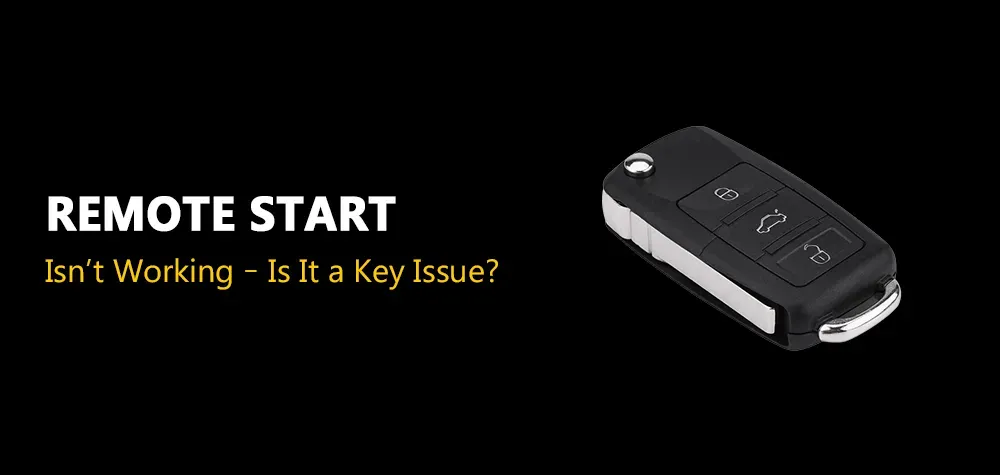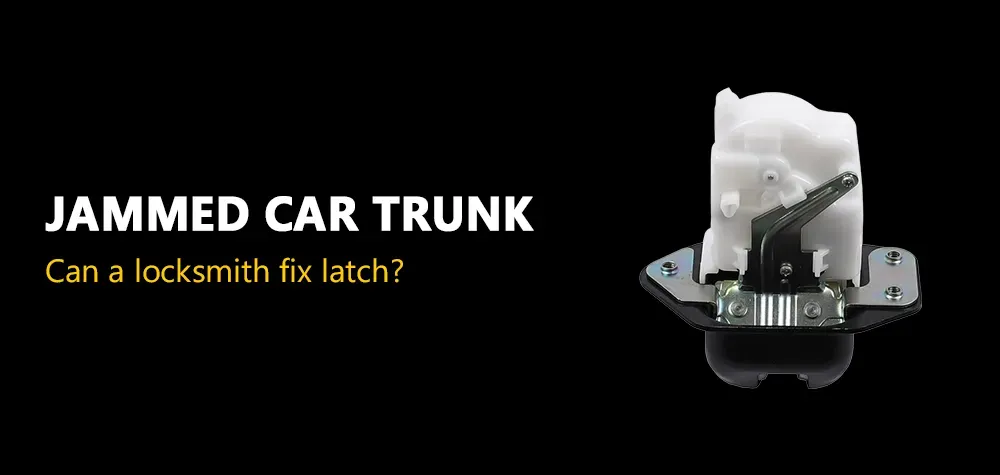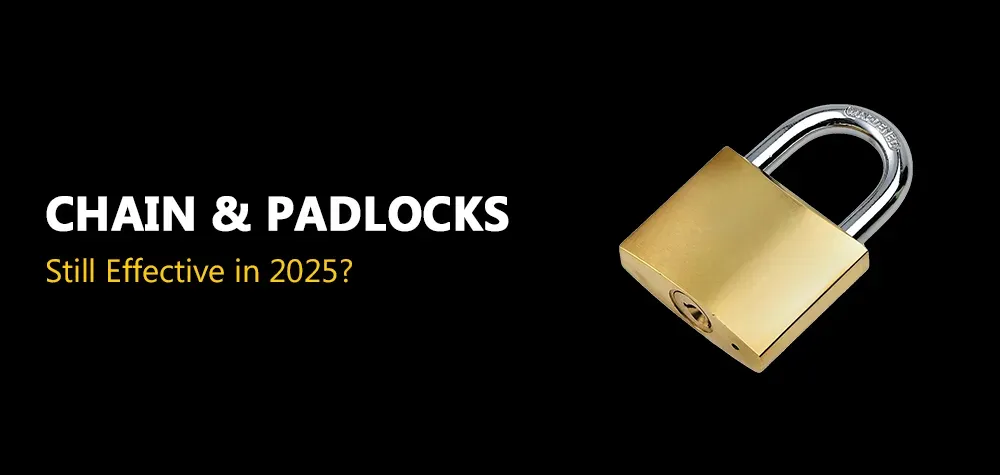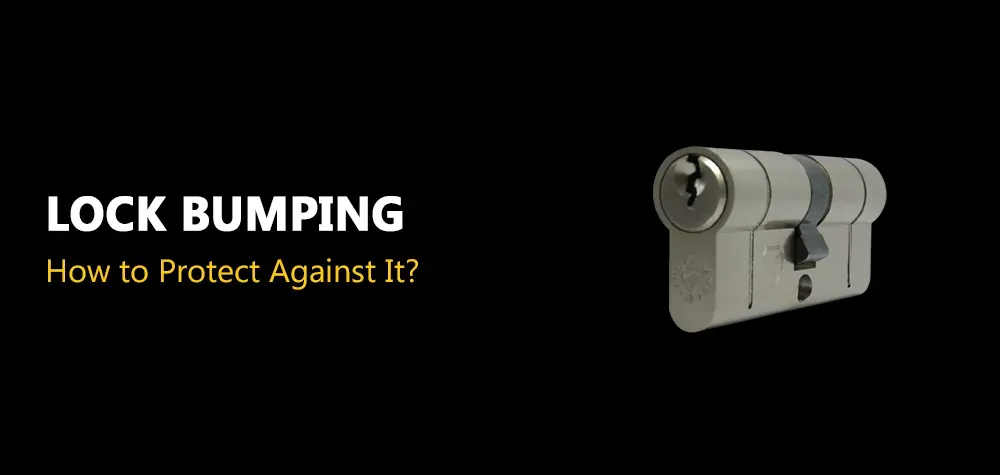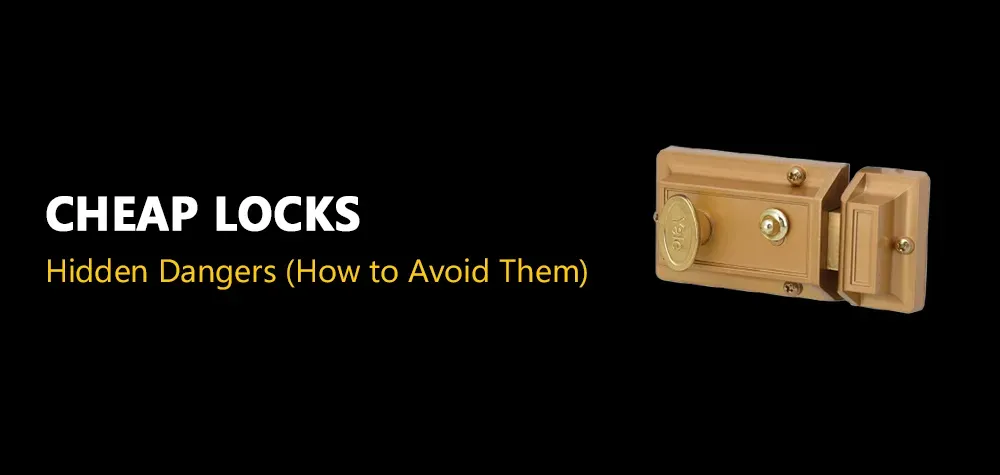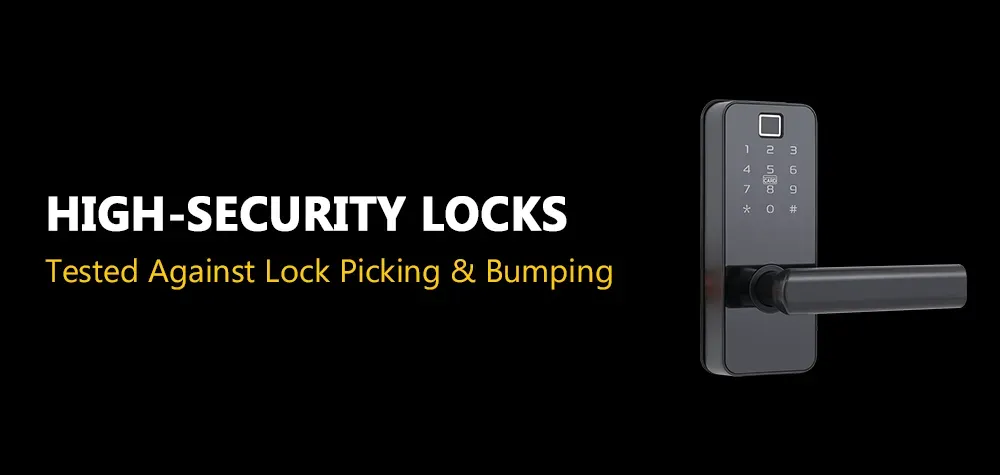Electronic Safes vs. Traditional Dial Safes: Pros and Cons
When it comes to securing valuable belongings, safes are a reliable option. However, choosing between electronic safes and traditional dial safes can be a challenge. Each type of safe has its own set of advantages and disadvantages, catering to different security needs and preferences. In this guide, we'll explore the pros and cons of both types of safes to help you make an informed decision.
How to fix lockout on gun safe
Pros and Cons of Electronic Safes
Pros
1. Quick Access Electronic safes are designed for ease of use, providing quick access with just a few presses of a button. Instead of dialing through a sequence, you simply input a code, making it convenient for frequent use.
2. Programmable Codes Most electronic safes allow you to program your own code and change it when needed. This flexibility is particularly useful in cases where multiple users need access or if you suspect your code has been compromised.
3. Extra Security Features Many electronic safes come with additional features such as alarms, automatic lockouts after repeated incorrect attempts, or even fingerprint recognition. These features enhance security beyond just a combination code.
4. Backup Keys In case the battery dies or the electronics malfunction, electronic safes usually come with a physical key for manual access, ensuring you're not locked out of your safe completely.
5. Bright Display for Low-Light Environments Some electronic safes feature illuminated keypads, making it easier to access the safe in dimly lit areas or during emergencies at night.
Cons
1. Battery Dependency Electronic safes rely on batteries to operate. If the battery dies and you don’t have a backup key, it could take time to gain access to your valuables. Regular maintenance is needed to ensure the battery doesn’t run out at an inconvenient time.
2. Potential for Malfunction Like all electronic devices, there’s a chance of malfunction due to wiring or software issues. This could leave you locked out if you don’t have the backup key handy.
3. More Expensive Due to the added technology, electronic safes tend to be more expensive than traditional dial safes. The extra features and convenience come at a higher price.
Pros and Cons of Traditional Dial Safes
Pros
1. No Battery Required Traditional dial safes are purely mechanical and do not require batteries or electricity to function. This makes them more reliable in power outages or situations where electronic components might fail.
2. Long-Term Durability Dial safes are known for their robustness. Without any electronics or batteries, there are fewer components that can wear out or malfunction over time, making them a solid choice for long-term use.
3. Highly Secure Dial safes require precise turning and understanding of the combination, which makes them difficult to tamper with. The mechanical nature of these safes makes them highly resistant to hacking or digital interference.
4. Lower Cost Traditional dial safes are generally more affordable than their electronic counterparts. You get durable protection at a lower price point, making them a good option for budget-conscious buyers.
5. Aesthetic Appeal For those who appreciate a classic, timeless design, traditional dial safes have a certain aesthetic charm that can complement home or office decor.
Cons
1. Slower Access Dialing the correct combination takes time and requires focus. This slower process can be inconvenient for those who need quick access to the contents of their safe.
2. Fixed Combination Once a combination is set on a traditional dial safe, it’s more challenging to change. If someone else learns your combination, you’ll need professional help to reset it.
3. No Additional Features Traditional dial safes do not typically come with the advanced features found in electronic safes, such as alarm systems or lockout mechanisms. The security is purely mechanical.
4. User Error The precise nature of turning the dial can lead to mistakes if you miscalculate a turn or forget the sequence. If you fail to dial the correct combination, you’ll need to start over from the beginning.
Key Differences Between Electronic Safes and Traditional Dial Safes
| Feature | Electronic Safe | Traditional Dial Safe |
|---|---|---|
| Access Speed | Fast and convenient | Slower due to precise dialing |
| Power Source | Battery-powered (may require replacements) | No power required (mechanical) |
| Programmable Combination | Easily programmable by the user | Fixed combination; professional help needed to reset |
| Additional Security Features | Often comes with alarms, lockouts, and key backups | Minimal security features, just mechanical locking |
| Cost | Generally more expensive | More affordable |
| Maintenance | Requires regular battery checks | Minimal maintenance needed |
| Risk of Malfunction | Prone to electronic issues (but usually comes with a backup key) | Minimal risk of malfunction |
Which Safe Is Right for You?
The choice between an electronic safe and a traditional dial safe depends largely on your personal preferences and specific needs.
Choose an Electronic Safe if:
You want fast and convenient access to your belongings.
You need programmable codes or multiple users with varying access.
You prefer additional security features like alarms or lockout mechanisms.
Choose a Traditional Dial Safe if:
You prioritize reliability over modern features.
You don’t want to deal with batteries or electronic malfunctions.
You are looking for a more affordable option with long-lasting durability.
FAQs
Q: Can electronic safes be hacked?
A: While electronic safes with basic digital locks could be vulnerable to skilled hackers, most high-end electronic safes have features like lockout modes and alarms to prevent tampering.
Q: Are traditional dial safes harder to crack than electronic ones?
A: Both types of safes offer strong security, but traditional dial safes are harder to crack manually due to the mechanical precision required in turning the dial correctly.
Q: What happens if my electronic safe’s battery dies?
A: Most electronic safes come with a backup key for manual access if the battery dies. Be sure to keep the backup key in a secure place.
Q: How often do I need to change the batteries in an electronic safe?
A: It depends on the usage, but generally, you should change the batteries once a year or as soon as you notice any signs of power depletion (e.g., dimming display).
Conclusion
Both electronic safes and traditional dial safes offer reliable security for your valuables, but they cater to different needs. Electronic safes provide the advantage of convenience and modern features, while traditional dial safes excel in reliability and long-term durability. Whether you prioritize speed, additional features, or simplicity, the right choice depends on your specific situation.
Call Us Any Time!
